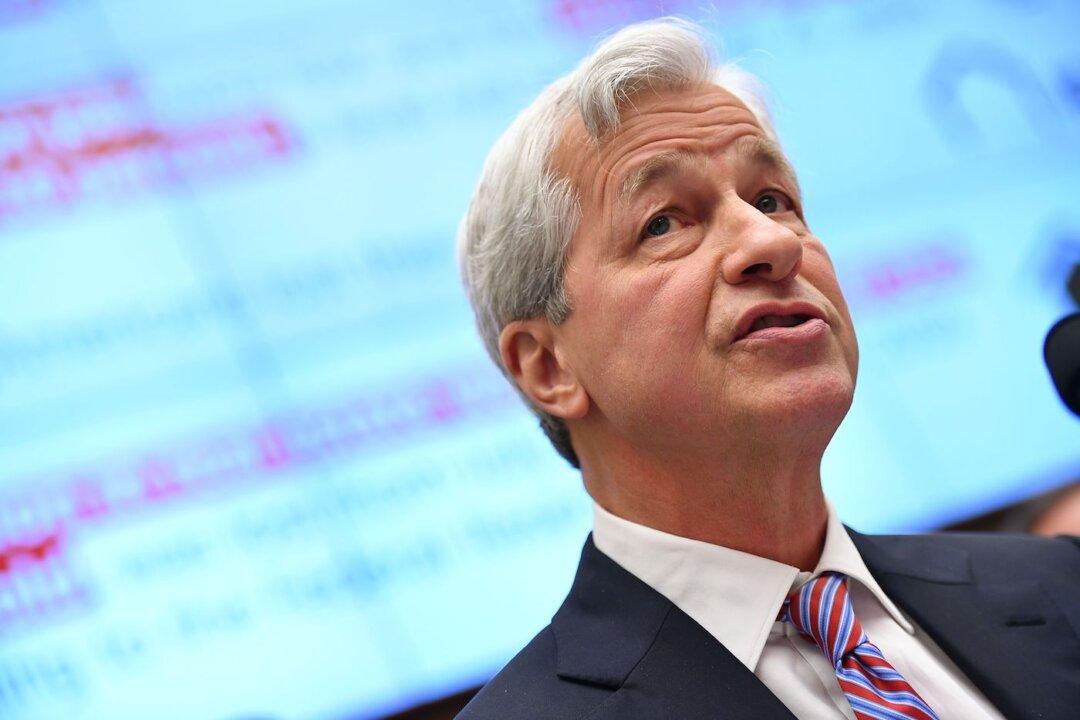JPMorgan Chase CEO Jamie Dimon said on Tuesday that the prospect of a recession isn’t the biggest problem facing the global economy and that he worries “much more” about geopolitical strife like the Russia–Ukraine conflict and U.S.–China tensions.
Dimon made the remarks at a premier investment conference in Riyadh, Saudi Arabia, on Oct. 25, alongside other top Wall Street bankers who discussed issues of concern to investors, including high inflation and aggressive central bank rate hikes to tame it.





